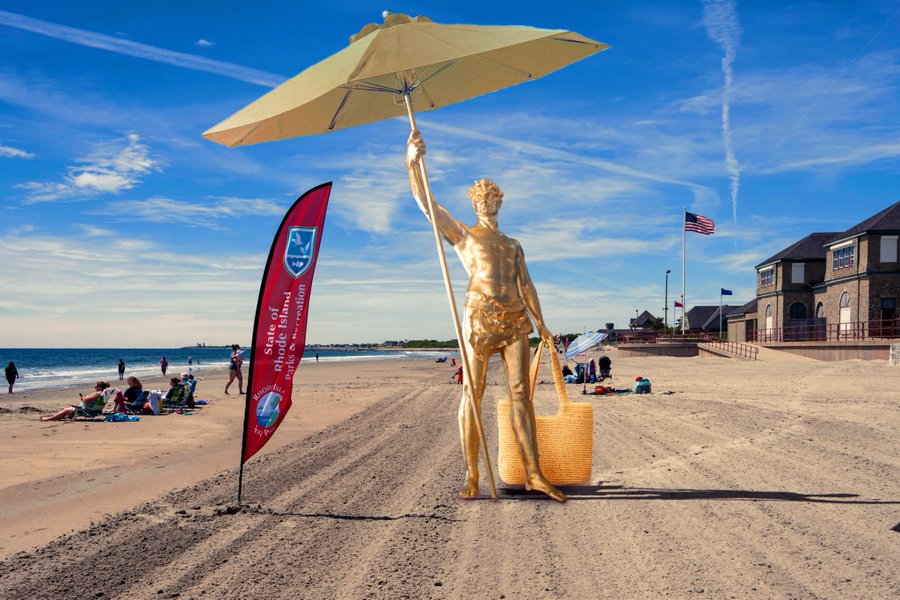“Usually adult males who are unable to make emotional connections with the women they choose to be intimate with are frozen in time, unable to allow themselves to love for fear that the loved one will abandon them. If the first woman they passionately loved, the mother, was not true to her bond of love, then how can they trust that their partner will be true to love. Often in their adult relationships these men act out again and again to test their partner's love. While the rejected adolescent boy imagines that he can no longer receive his mother's love because he is not worthy, as a grown man he may act out in ways that are unworthy and yet demand of the woman in his life that she offer him unconditional love. This testing does not heal the wound of the past, it merely reenacts it, for ultimately the woman will become weary of being tested and end the relationship, thus reenacting the abandonment. This drama confirms for many men that they cannot put their trust in love. They decide that it is better to put their faith in being powerful, in being dominant.” ― bell hooks
“When we face pain in relationships our first response is often to sever bonds rather than to maintain commitment. ” ― bell hooks, All About Love: New Visions
“Knowing how to be solitary is central to the art of loving. When we can be alone, we can be with others without using them as a means of escape.” ― bell hooks
“All too often women believe it is a sign of commitment, an expression of love, to endure unkindness or cruelty, to forgive and forget. In actuality, when we love rightly we know that the healthy, loving response to cruelty and abuse is putting ourselves out of harm's way.” ― bell hooks, All About Love: New Visions
“Genuine love is rarely an emotional space where needs are instantly gratified. To know love we have to invest time and commitment...'dreaming that love will save us, solve all our problems or provide a steady state of bliss or security only keeps us stuck in wishful fantasy, undermining the real power of the love -- which is to transform us.' Many people want love to function like a drug, giving them an immediate and sustained high. They want to do nothing, just passively receive the good feeling.” ― bell hooks
“If any female feels she need anything beyond herself to legitimate and validate her existence, she is already giving away her power to be self-defining, her agency.” ― bell hooks, Feminism Is for Everybody: Passionate Politics
“I will not have my life narrowed down. I will not bow down to somebody else's whim or to someone else's ignorance.” ― bell hooks
“For me, forgiveness and compassion are always linked: how do we hold people accountable for wrongdoing and yet at the same time remain in touch with their humanity enough to believe in their capacity to be transformed?” ― bell hooks
“But many of us seek community solely to escape the fear of being alone. Knowing how to be solitary is central to the art of loving. When we can be alone, we can be with others without using them as a means of escape.” ― Bell Hooks, All About Love: New Visions
“To return to love, to get the love we always wanted but never had, to have the love we want but are not prepared to give, we seek romantic relationships. We believe these relationships, more than any other, will rescue and redeem us. True love does have the power to redeem but only if we are ready for redemption. Love saves us only if we want to be saved.” ― bell hooks, All About Love: New Visions
“the wounded child inside many males is a boy who, when he first spoke his truths, was silenced by paternal sadism, by a patriarchal world that did not want him to claim his true feelings. The wounded child inside many females is a girl who was taught from early childhood that she must become something other than herself, deny her true feelings, in order to attract and please others. When men and women punish each other for truth telling, we reinforce the notion that lies are better. To be loving we willingly hear the other’s truth, and most important, we affirm the value of truth telling. Lies may make people feel better, but they do not help them to know love.” ― bell hooks, All About Love: New Visions
“Love is a combination of care, commitment, knowledge, responsibility, respect and trust.” ― bell hooks, Communion: The Female Search for Love
“The practice of love offers no place of safety. We risk loss, hurt, pain. We risk being acted upon by forces outside our control.” ― bell hooks, All About Love: New Visions
“Living simply makes loving simple.” ― bell hooks
“No black woman writer in this culture can write "too much". Indeed, no woman writer can write "too much"...No woman has ever written enough.” ― bell hooks, Remembered Rapture: The Writer at Work
“As all advocates of feminist politics know most people do not understand sexism or if they do they think it is not a problem. Masses of people think that feminism is always and only about women seeking to be equal to men. And a huge majority of these folks think feminism is anti-male. Their misunderstanding of feminist politics reflects the reality that most folks learn about feminism from patriarchal mass media.” ― bell hooks
“Individuals who want to believe that there is no fulfillment in love, that true love does not exist, cling to these assumptions because this despair is actually easier to face than the reality that love is a real fact of life but is absent from their lives.” ― bell hooks, All About Love: New Visions
“One of the best guides to how to be self-loving is to give ourselves the love we are often dreaming about receiving from others. There was a time when I felt lousy about my over-forty body, saw myself as too fat, too this, or too that. Yet I fantasized about finding a lover who would give me the gift of being loved as I am. It is silly, isn't it, that I would dream of someone else offering to me the acceptance and affirmation I was withholding from myself. This was a moment when the maxim "You can never love anybody if you are unable to love yourself" made clear sense. And I add, "Do not expect to receive the love from someone else you do not give yourself.” ― Bell Hooks, All About Love: New Visions
“Often men who have been emotionally neglected and abused as children by dominating mothers bond with assertive women, only to have their childhood feelings of being engulfed surface. While they could not 'smash their mommy' and still receive love, they find that they can engage in intimate violence with partners who respond to their acting out by trying harder to connect with them emotionally, hoping that the love offered in the present will heal the wounds of the past. If only one party in the relationship is working to create love, to create the space of emotional connection, the dominator model remains in place and the relationship just becomes a site for continuous power struggle.” ― bell hooks
“Being oppressed means the absence of choices” ― bell hooks
“I am passionate about everything in my life--first and foremost, passionate about ideas. And that's a dangerous person to be in this society, not just because I'm a woman, but because it's such a fundamentally anti-intellectual, anti-critical thinking society.” ― bell hooks
“To love well is the task in all meaningful relationships, not just romantic bonds.” ― bell hooks, All About Love: New Visions
“The process begins with the individual woman’s acceptance that American women, without exception, are socialized to be racist, classist and sexist, in varying degrees, and that labeling ourselves feminists does not change the fact that we must consciously work to rid ourselves of the legacy of negative socialization.” ― bell hooks, Ain't I a Woman: Black Women and Feminism
“Visionary feminism is a wise and loving politics. It is rooted in the love of male and female being, refusing to privilege one over the other. The soul of feminist politics is the commitment to ending patriarchal domination of women and men, girls and boys. Love cannot exist in any relationship that is based on domination and coercion. Males cannot love themselves in patriarchal culture if their very self-definition relies on submission to patriarchal rules. When men embrace feminist thinking and practice, which emphasizes the value of mutual growth and self-actualization in all relationships, their emotional well-being will be enhanced. A genuine feminist politics always brings us from bondage to freedom, from lovelessness to loving.” ― bell hooks
“Contrary to what we may have been taught to think, unnecessary and unchosen suffering wounds us but need not scar us for life. It does mark us. What we allow the mark of our suffering to become is in our own hands.” ― bell hooks, All About Love: New Visions
“Love is an action, never simply a feeling.” ― bell hooks
“Honesty and openness is always the foundation of insightful dialogue.” ― bell hooks, All About Love: New Visions
“The function of art is to do more than tell it like it is-it’s to imagine what is possible.” ― bell hooks
“I want there to be a place in the world where people can engage in one another’s differences in a way that is redemptive, full of hope and possibility. Not this “In order to love you, I must make you something else”. That’s what domination is all about, that in order to be close to you, I must possess you, remake and recast you.” ― bell hooks, Reel to Real: Race, Sex, and Class at the Movies
“A generous heart is always open, always ready to receive our going and coming. In the midst of such love we need never fear abandonment. This is the most precious gift true love offers - the experience of knowing we always belong.” ― Bell Hooks, All About Love: New Visions















